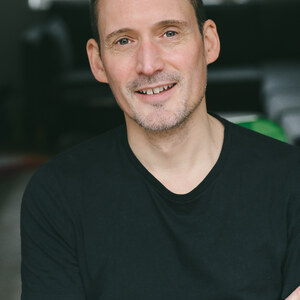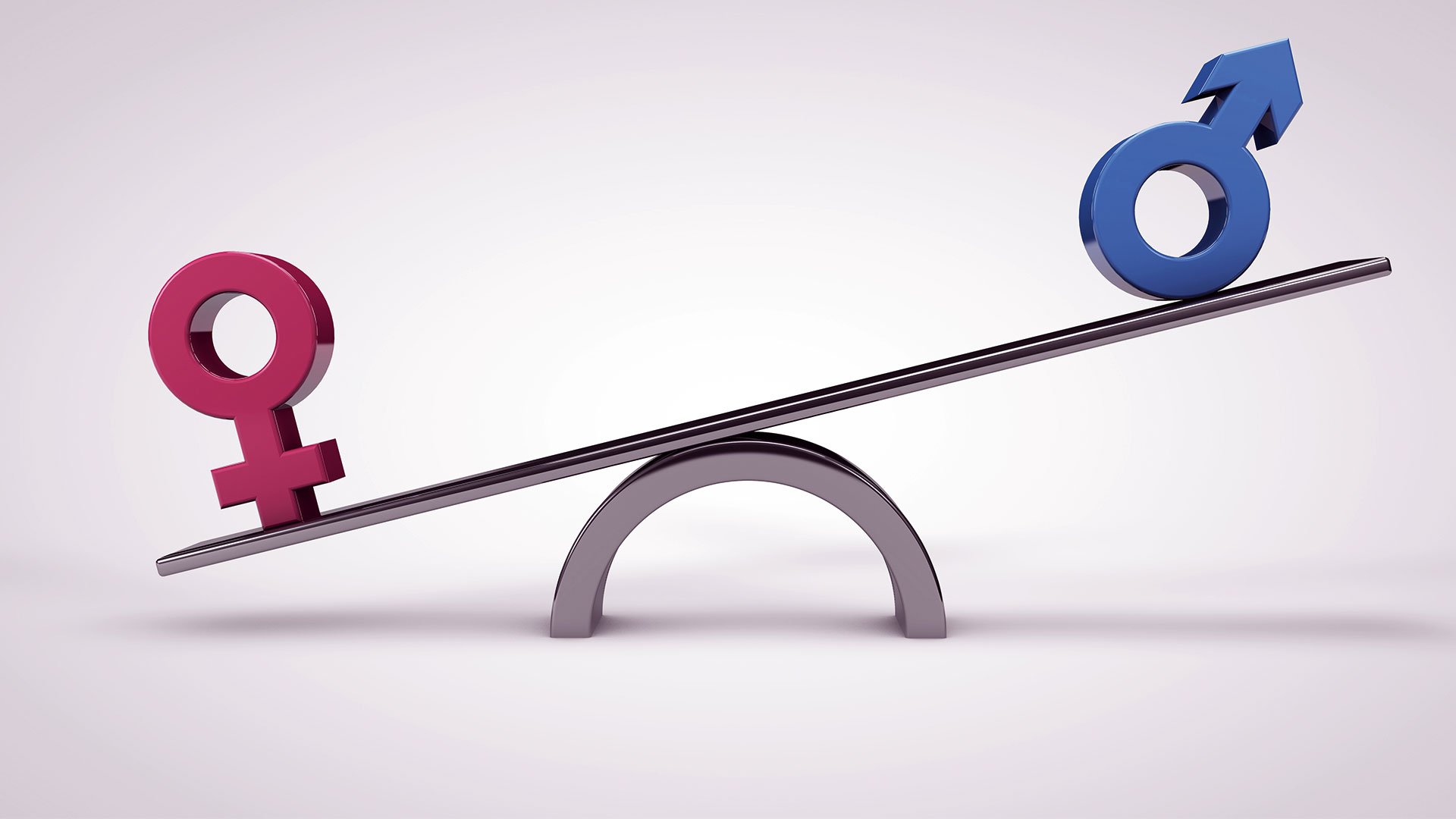You are viewing your 1 free article this month. Login to read more articles.
Elusive beasts
Why are there so few male editors of picture books?
I’ve been a children’s editor for many years, with picture books as my specialism for over a decade. I’m a minority in this area. I’m male.
These days I’m freelance, but in the job interviews of my past I was often asked for one final reason why I should be considered over other candidates. I wanted to reply: "You don’t have any blokes in your creative team. I can help with that." It felt risky, though, even before male white privilege became a common term.
Please don’t misunderstand me here: I agree that we don’t need more whingeing white males. I don’t intend to whinge. But why are so few male editors making our picture books? And why does the industry rarely mention this imbalance?
In preparing for this piece, I struggled to find stats for male picture book editors working at major UK houses. Editors come, editors go, editors switch genre. Gender pay gap research rarely refers to job title, let alone audience age bracket. Diversity, equality and inclusion reports prioritise areas with the greatest problems.
I turned to two editorial peers, both very senior and each with at least 15 years’ picture book experience. Between us we could think of five male picture book editors working for major UK publishers, perhaps seven if we included editors who’ve since migrated to other genres. Feeling unsatisfied by this, I consulted the submissions log I keep as an author of picture books. I like to think it offers a more candid snapshot. A recent and wide-reaching submission by my UK agent went to 17 editors, all of whom were female. In the US it’s a similar picture, with a recent submission to 21 editors yielding a tally of just two males.
Why this gender skew, and why so extreme? The question triggered memories of my own start in the publishing industry, as an intern making novelty book dummies at Walker. It was the mechanics of paper engineering that drew me to the internship, and when asked to splice together printouts for a conventional picture book I recall feeling deflated, perhaps even recoiling. Why? Words like "babyish" and "simplistic" come to mind. Perhaps I was a typical young adult male, happy to have moved on from the kiddie stuff, and yet to tune back in to my childhood imagination.
What does it say about picture books if so few male editors are attracted by this genre’s endless creative possibilities?
My bookish passions have changed since then, but we only have to look at the gender imbalance among early years practitioners to see where my cringeworthy response might stem from. In an article this year the Froebel Trust noted that less that 2% of the UK early years workforce is likely to be male. The core audience for picture books is two to five years, the period when a child’s brain develops the most, so I find this statistic disturbing.
How much of this early years imbalance is rooted in misogyny, implicit or otherwise? The belief that women should wipe the runny noses and usher little ones to the loo while men focus on the important stuff? And if this outmoded view still clouds our society, how much does it contribute to the undervaluing of our picture books, and of children’s publishing in general?
I turned to the make-up of our picture book authors and found things less troubling. A 2023 study (which compared the UK to China) shows that of the top 100 UK picture books, 39 are attributed to male authors. 28 male authors appeared in total, against a female total of 16 (perhaps skewed by Julia Donaldson having 29 qualifying titles). Is it that more male authors than male editors are compelled to enter the picture book space due to kudos being afforded to the former but much less so to the latter? Or do male writers come to picture books later in life as fathers of young children, by which time the corresponding male editors have been hooked by the shinier lights of young fiction or adult publishing? Without extensive interviews it’s very hard to know.
The same UK/China study found that 53 of the top 100 UK picture books were led by a male character. So if both male authors and male picture book characters are doing just fine thanks, does a gender imbalance in our editorial gatekeepers really matter? Doesn’t it all simply balance out?
I’d argue that it does matter. I’ve spent my career working alongside exceptional female editors who push a diverse range of themes and topics through acquisition meetings, and who strive to dismantle unhelpful gender stereotypes. But even if the biases do ultimately balance out, what does it say about picture books if so few male editors are attracted by this genre’s endless creative possibilities? And what does it say about young children if there are so few male shepherds for the stories that will live on in their dreams?





















